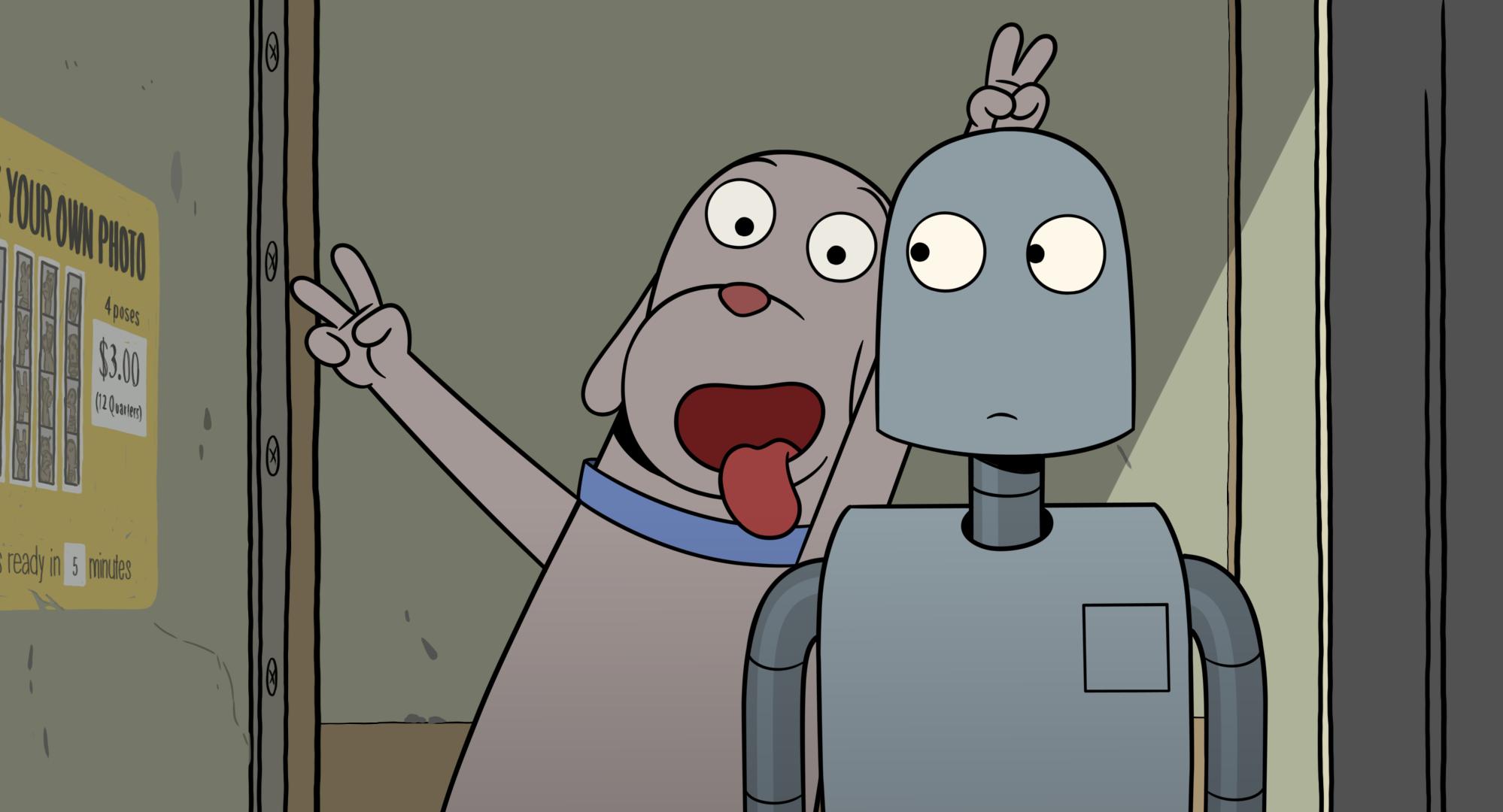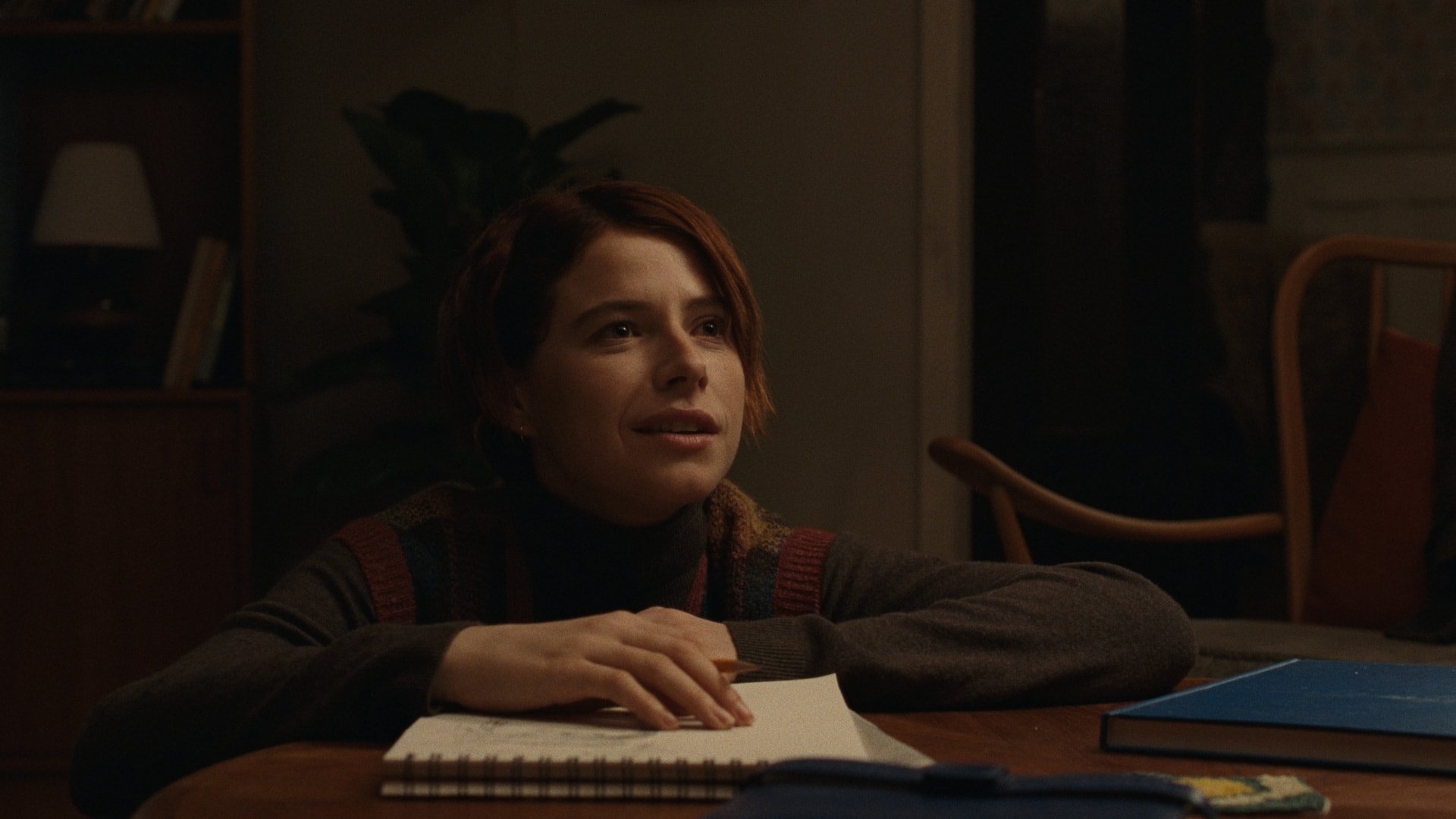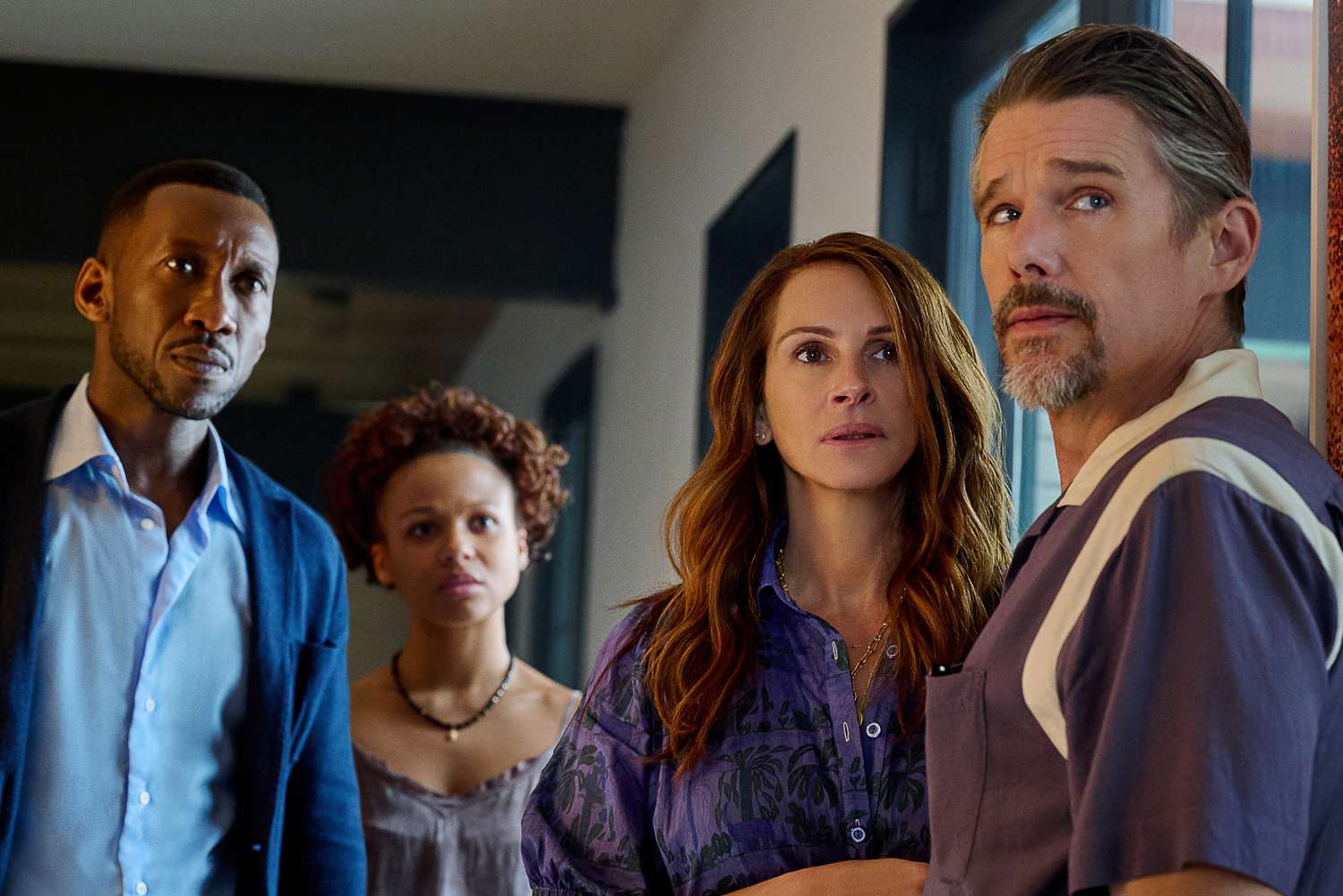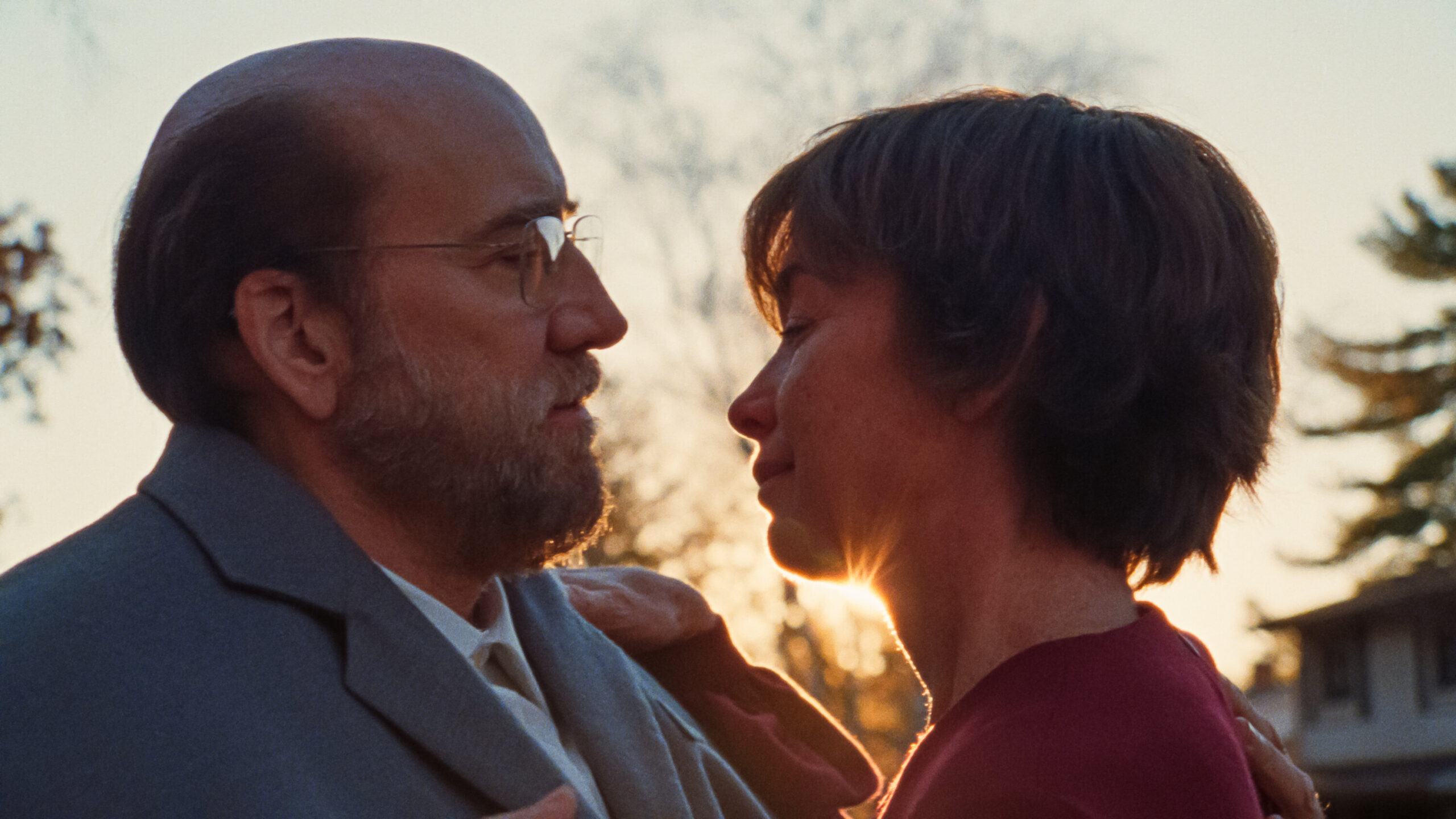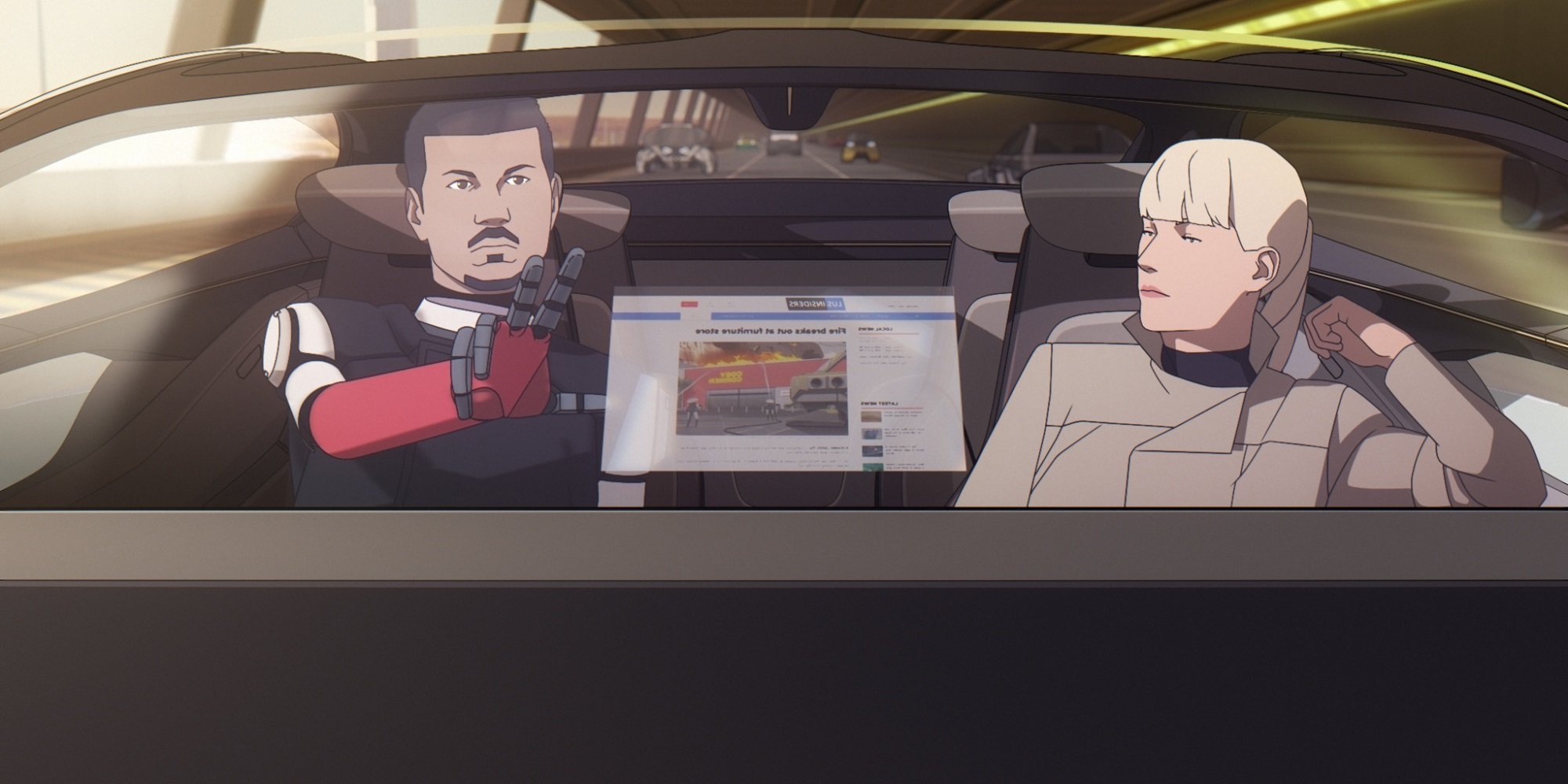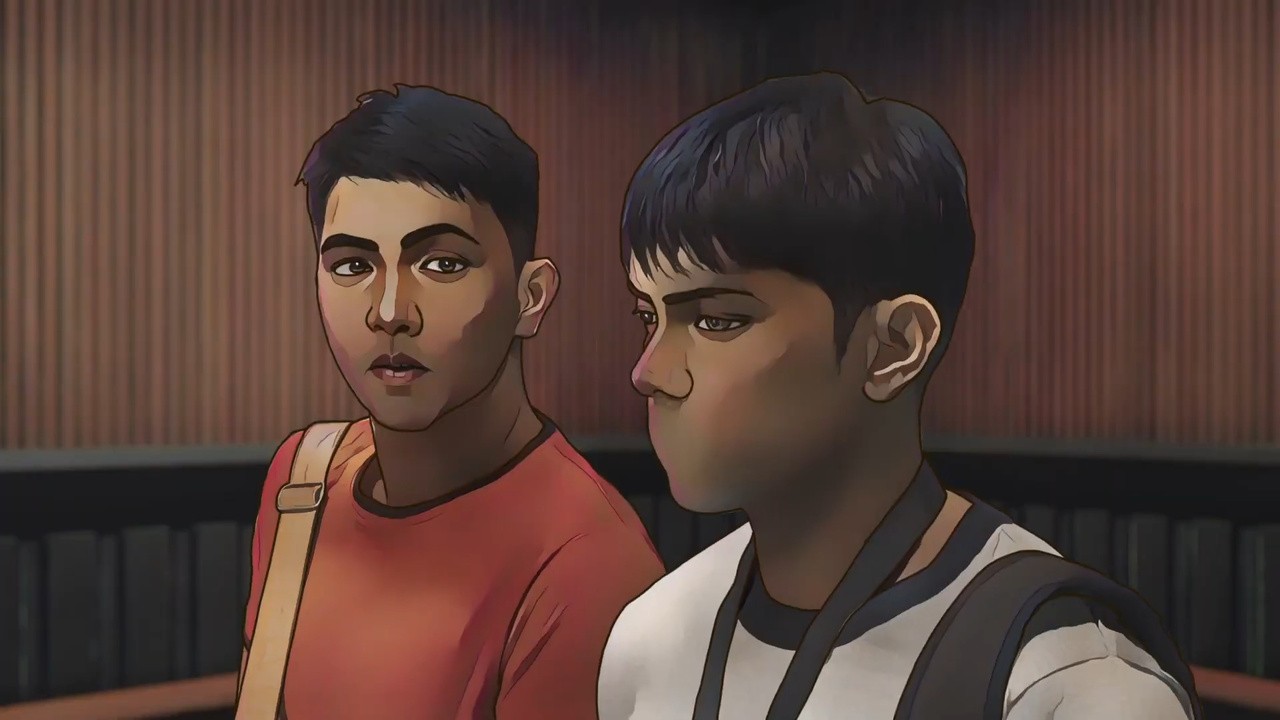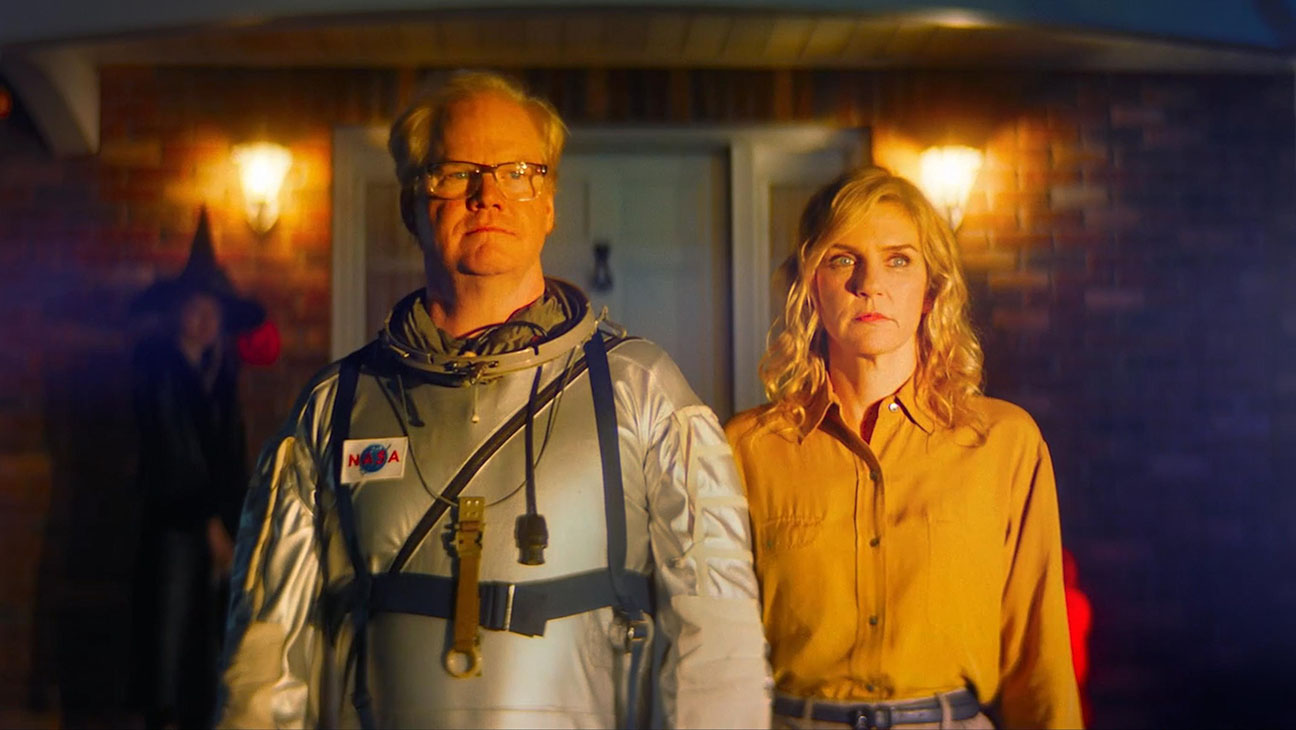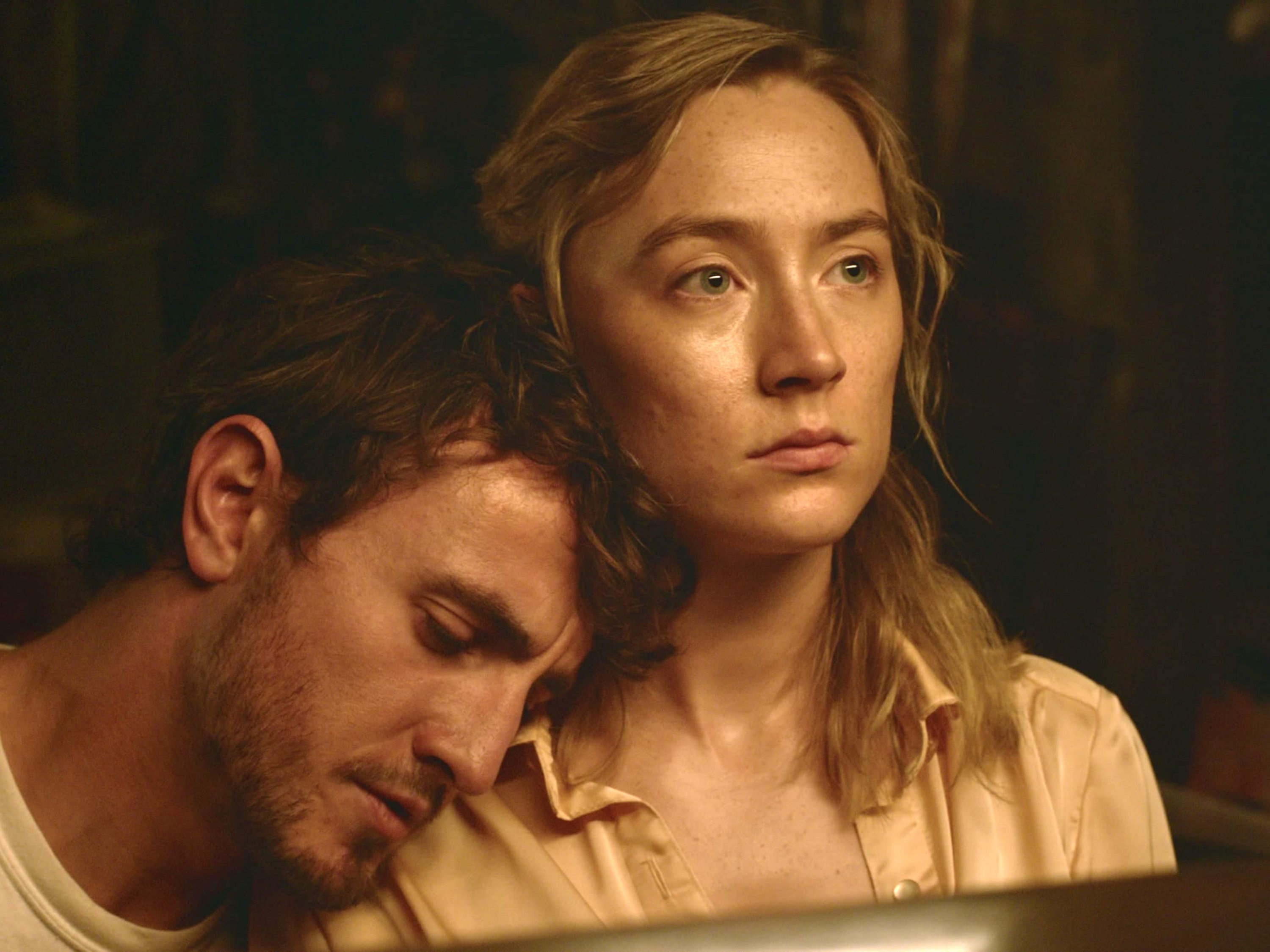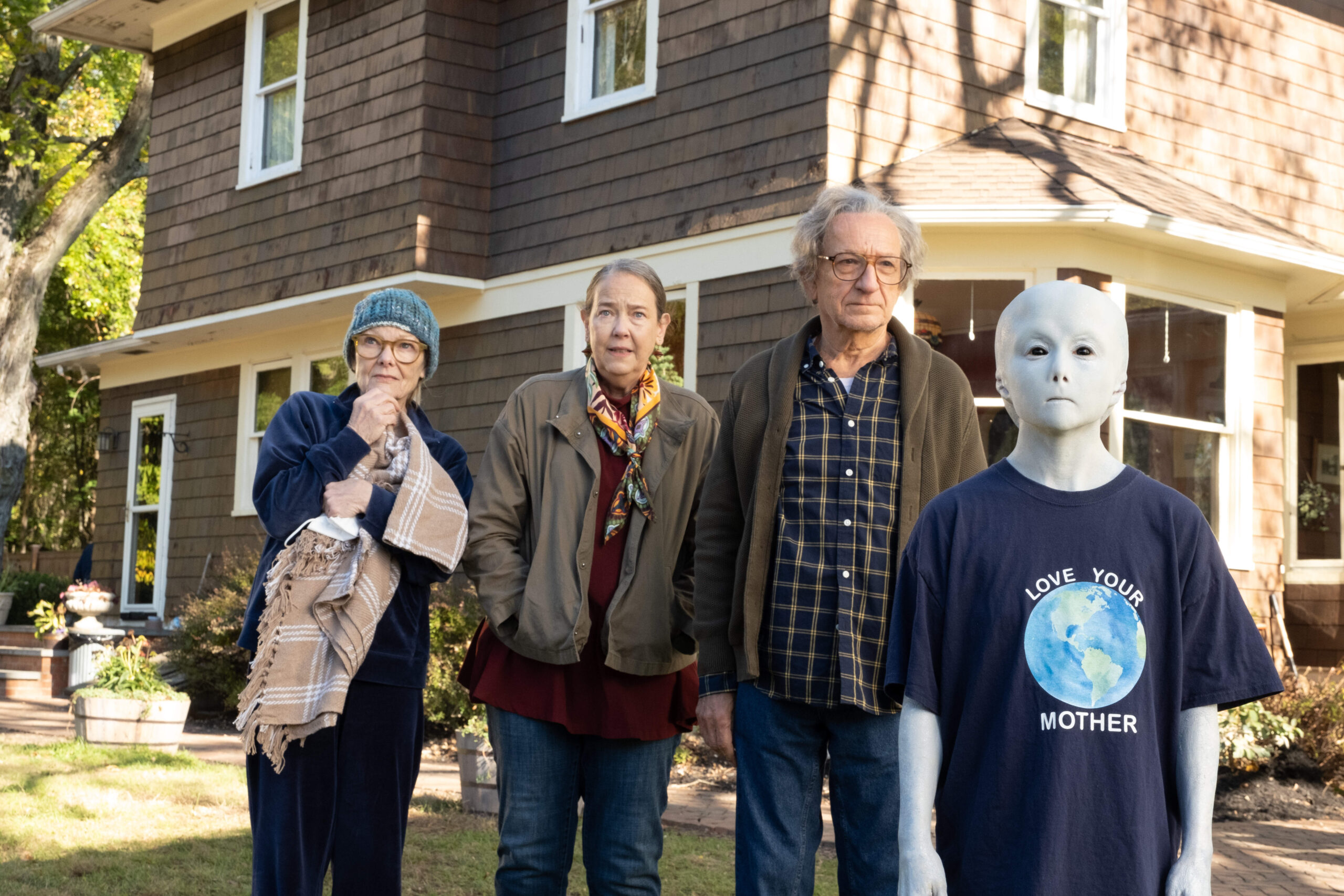
10 Best 2023 Sci-fi Movies Right Now
December 3, 2024
Share:
When news of UFOs potentially being real broke out in early 2023, people seemed unfazed. We’ve already gone through a global pandemic and are currently braving socio-political crises and climate catastrophes, so really, how bad could another threat be? But the possibility of aliens, and advanced science and tech for that matter, is a concept that continues to give rise to endlessly fascinating ideas and surprisingly deep metaphors, all of which make for wonderful material for stories. Below, we’ve gathered some of the best ones in the sacred genre of science-fiction movies and included some useful information like where and how to stream them. Our hope is that these out-of-this-world film wonders won’t frighten you as any real-life threat would, but rather challenge and inspire you to think outside of our little box a bit more.
Read also:
1. River (2023)
Genres
Director
Actors
Moods
Made on a clearly lower budget but with enthusiasm and love for the craft overflowing from every frame, Junta Yamaguchi’s River gets clean and wholesome comedy—that’s still plenty memorable—out of a terrific ensemble of actors, all of whom get to display a full range of expression for their increasingly exasperated characters. It’s smart, economical filmmaking that’s still dazzlingly put together, as each two-minute loop is done in a single unbroken shot that feels different with every reset. Yamaguchi is highly aware of how quickly this gimmick might overstay its welcome, so he allows the film’s emotional landscape to open up considerably with every cycle. As the hell of this situation starts to chip away at the characters, the film also becomes more urgent and more soulful, leading the story down unexpected paths and inviting us to think beyond the pattern it sets up for itself.
2. Robot Dreams (2023)
Genres
Director
Actors
Moods
The first few minutes of Robot Dreams are so deceptively simple and pleasant that it’s hard to think of a conflict that could keep the film moving. But something does happen—life happens, which sounds annoyingly vague, but it’s true. Life happens, and the rest of the film is about how Dog and Robot survive the specific pain of living. It’s at once poignant and delightful, filled with surprising moments that shouldn’t work, but do. It feels incredibly human even though there are no people in sight. It says a lot about the crisis of loneliness and the importance of moving on even though it’s a silent movie. And then there’s that one scene that breaks the fourth wall most adorably, proving that Robot Dreams is anything but the straightforward film it seemed to be in the beginning. Consistently, however, it is a touching movie. Whether it ends up breaking or warming your heart is just something you have to look out for.
3. Fingernails (2023)
Genres
Director
Actors
Moods
In what is only his second feature, Greek director Christos Nikou crafts a singular universe that is orderly and enticing. The dystopian premise that you can now scientifically test for love may be bizarre, but it answers to one of the biggest anxieties humans share. That said, this particular world feels so close to ours today, that you want to dive right in it, weirdness and all. Even the topos of the love clinic, where couples get evaluated and take on exercises before they take the test is framed as a space for hope. There’s no underlying cynicism in Nikou’s film, which is perhaps the most surprising fact about it; on the contrary, longing—however painful it may be—abounds and seeps through the carefully composed images of shared doubt and suspect intimacy. Last, but not least, the chemistry shared by Buckley-Ahmed-White is nothing short of explosive.
4. Leave the World Behind (2023)
Genres
Director
Actors
Moods
The key to what makes this apocalyptic thriller from Mr Robot and Homecoming showrunner Sam Esmail so unnerving is how resolute it is about not taking place in an alternate timeline. Making references to memorable events in recent history and namechecking real brands and cultural touchstones (like Tesla and Friends), Leave the World Behind is uncannily familiar — which, when combined with the film’s meticulous crafting of tension, makes it all the more unsettling.
Though taking place amidst an ambiguous national emergency, the film is largely set in one house — a claustrophobic setting that puts the characters’ self-conceits and prejudices under a microscope and forces them to confront their own impotence in an analog world. If it all sounds a bit “we live in a society,” be assured that Leave the World Behind cleverly manages to avoid the pitfalls of seeming like a bad Black Mirror ripoff by sidestepping expectations and deploying all the atmospheric tools in its arsenal. Withholding key plot and character information to increase our own paranoia means the movie always runs the risk of disappointment when explanations are finally given, but its focus on the human drama and its well-set-up ending ultimately eclipse any niggling frustrations.
5. Dream Scenario (2023)
Genres
Director
Actors
Moods
There’s a lot to think about in Dream Scenario, which posits the possibility of collectively seeing the same real man in your dreams. Norwegian filmmaker Kristoffer Borgli drops the painfully ordinary Paul (Cage) in an extraordinary reality to show us how easily one can spiral into insanity, how dangerous groupthink can be, how fickle cancel culture is, and how anything can happen to anyone, even to someone as unsuspecting as Paul. But Borgli doesn’t just experiment with ideas here, he also expertly plays with sounds and transitions, sometimes even cutting a scene before someone is done talking, to capture the skittish and unreliable language of dreams. More impressively, he takes into account how this phenomenon would play in our real, profit-oriented world. The capitalistic urge to make Paul an advertising tool, for instance, or to create tech that makes it possible for others to appear in dreams too, is both uncanny and depressingly realistic. Some might feel that Borgli is biting off more than he can chew but there’s a balance and ease to Dream Scenario that makes it feel inevitable. That’s thanks to Borgli’s brilliant direction but also, in no small part, to Cage’s inspired performance as a pathetic but harmless loser.
6. Jules (2023)
Genres
Director
Actors
Moods
Jules’ wacky premise — an extra-terrestrial crash-lands in eccentric widower Milton’s (Ben Kingsley) flowerbeds — is a bit of a misdirection. While the movie is technically a sci-fi (featuring, as it does, some very out-there alien engineering), it’s really a charming, mostly-human drama about the isolation and surreality of aging.
Though the mute presence of the alien (nicknamed Jules and played brilliantly by a totally silent Jade Quon) is a constant reminder of the expansiveness of the universe and strange wonders yet to be discovered, the movie keeps its feet firmly on the ground with a sensitive exploration of just how small the worlds of lonely, dementia-struck Milton and two other isolated elderly townspeople (Jane Curtin and Harriet Sansom Harris) are. Rather than expand outwards into a story about the extra-terrestrial itself, Jules focuses on the painful disorientation felt by its lonely trio of protagonists, who all find therapeutic relief and connection by way of the alien and its “understanding eyes.” Though the movie’s zany forays into sci-fi territory do sometimes boggle the mind, they never undermine the genuine emotion in Jules’ raw grappling with the experience of aging, as well as give the movie a quirky charm that ensures you won’t see anything like this again soon — an increasingly rare experience in itself.
7. Mars Express (2023)
Genres
Director
Actors
Moods
The premise of Mars Express may not be novel, especially when films like Blade Runner have already gracefully explored the philosophical ramifications of the human-tech conflict. But the French animated movie’s richly built world, (digitally) hand-drawn characters, genuinely gripping action, and far-reaching ideas about space make it a refreshing watch. The plot is taut and tight, too, peppered with twists and grounded by character depth. It may look simple at first glance, predictable even, but by the end, you’ll be over the moon by the film’s imagination and ambition.
8. Iti Mapukpukaw (2023)
Genres
Director
Actors
Moods
As one of the few animated Filipino films ever made, there’s a question as to why The Missing should use the animation in the first place. The animation here is much more rough than the ones from other countries, and while it’s a bit more pricey, the filmmakers could have filmed this in live action with practical SFX and CGI. But there’s a big reason why it was animated anyway– It’s because of the story. It’s not just because the protagonist Eric is an animator– it’s because animation, to that specific lead, was the way through which he was able to form a life after trauma, becoming the livelihood that allowed him to move out of his childhood home, and far far away from the trauma he faced. Writer-director Carl Joseph Papa also takes advantage of the medium by creating designs that match Eric’s current state of mind– regular, day-to-day life is rotoscoped, while the blank portions of his memory are traditionally drawn in the style Eric would have had during that age. It’s an unusual approach, but whether or not the story was adjusted to the budget, Iti Mapukpukaw is undeniably a touching and inventive drama that depicts the complexities of grief.
Read also:
9. Linoleum (2023)
Genres
Director
Actors
Moods
Strange things are happening in the sleepy cul-de-sac where Cameron Edwin (comic Jim Gaffigan) lives: cars are falling from the sky, space rockets are crash-landing in his backyard, and his doppelgänger has just moved in next door and stolen his job. Unnerved by all these weird occurrences and feeling like a failure in light of his looming divorce, Cameron goes full midlife crisis and decides to rebuild the damaged rocket as a last-ditch attempt to fulfill his lifelong dream of being an astronaut. It’d be giving too much away to say anything more about the plot, but suffice it to say that the uncanniness lurking under Linoleum’s surface comes to mind-bending fruition as the rational and the fantastic meld into one. Though it’s already deeply affecting on first watch, this is the kind of movie you’ll immediately want to rewind to absorb the full weight of.
10. Foe (2023)
Genres
Director
Actors
Moods
Director Garth Davis (who worked with Jane Campion on Top of the Lake) adapts Iain Reid’s novel Foe with little concern about realism and veracity. The psychologically dense event at the film’s centre—an impending separation of husband and wife—renders the whole world around them meaningless. Saoirse Ronan stars as the self-assured Henrietta (Hen) and Paul Mescal, as the belligerent Junior, two of the last remaining people in rural and farm areas. The year is 2065 and Earth is unrecognizable (peak Anthropocene) and life can be reduced to the impossibility of letting go. One fine day, a stranger comes to visit (Aaron Pierre), informing the couple that Junior has been drafted not to the military, but to a space colonization mission. A most curious triangle forms when Pierre’s character decides to stay in the family guest room: there is no telling where Foe will take you, but it will be a long, hard fall; either to the pits of despair or desire, ambivalence galore.
Comments
Add a comment
Ready to cut the cord?
Here are the 12 cheapest Live TV streaming services for cord-cutting.
More lists
Lists on how to save money by cutting the cord.
Curated by humans, not algorithms.
© 2025 A Good Movie to Watch. Altona Studio, LLC, all rights reserved.

